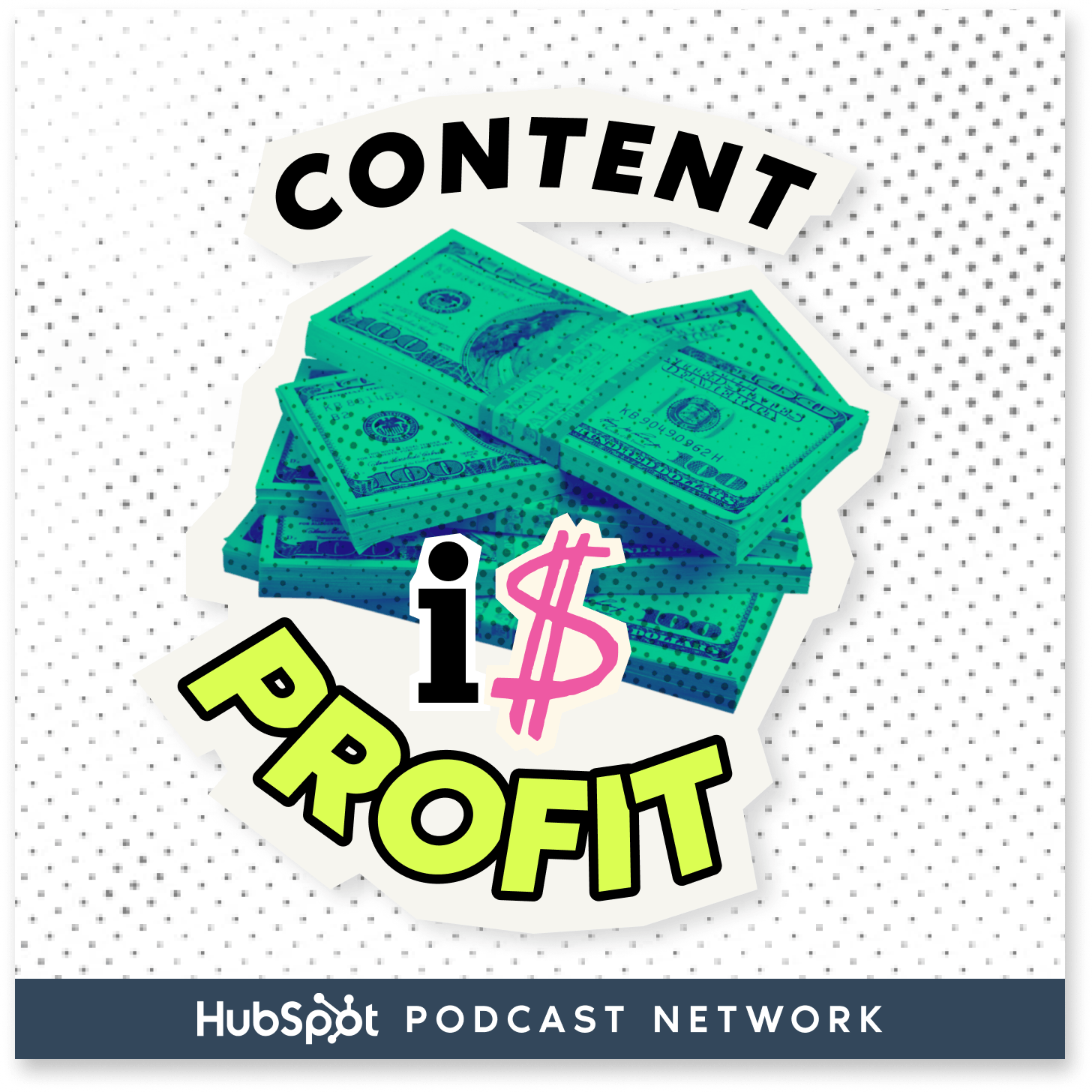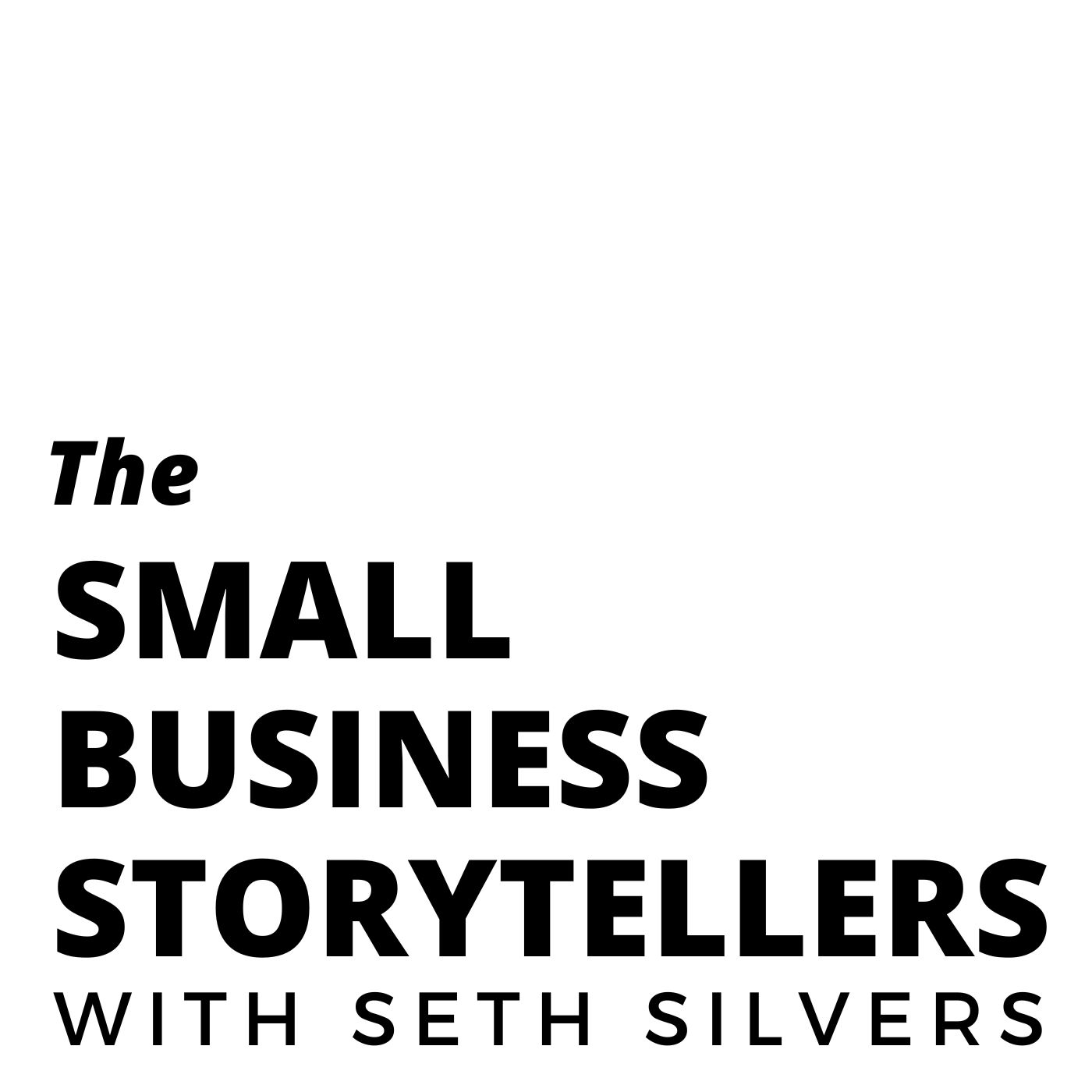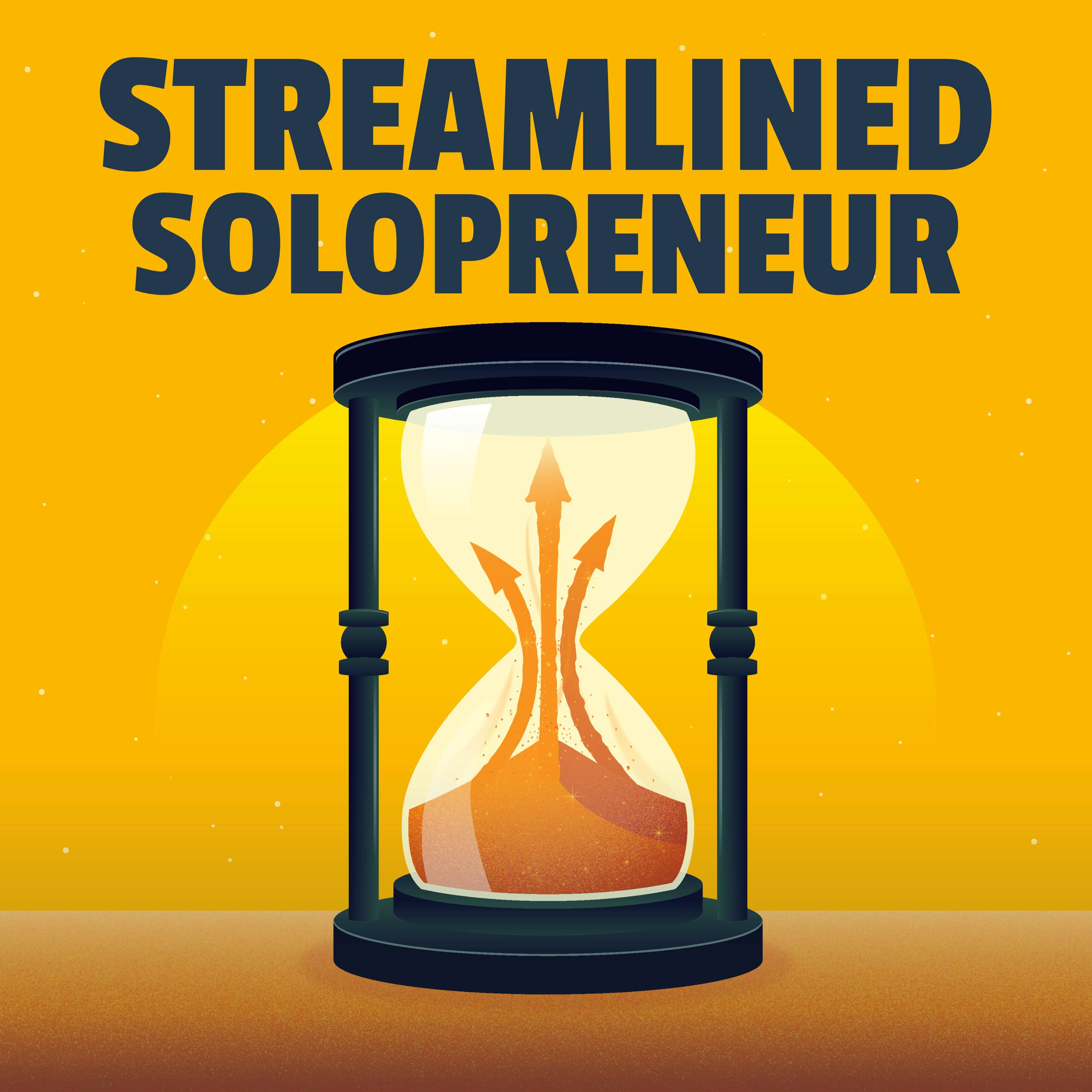
Podcasting Made Simple
Podcasting Made Simple is the premier podcast about podcasting! We’re here to help podcast guests and podcast hosts reach more listeners and grow their income so they can change more lives! Join Alex Sanfilippo and other podcasting industry experts as they share how you can level up on either side of the mic! (Show notes and resources: https://PodMatch.com/episodes)
Podcasting Made Simple
Increase Social Proof Using Podcast Testimonials | Ben Albert
Do you find it challenging to get testimonials for your brand or business? Look no further than your own podcast! In this episode, Ben Albert reveals a game-changing strategy that will transform your podcast into a social proof gold mine. Get ready to earn endorsements and leverage social proof to elevate your podcast's credibility and your brand/business's reputation, gaining more listeners and customers!
MORE ON THIS EPISODE: HTTPS://PODMATCH.COM/EP/280
Chapters
00:00 Digging the Well Before You're Thirsty
02:20 Building Social Proof
03:48 Creating a Conversation-Based Show
04:48 The Plus-Minus-Equal Framework
05:45 Relationships Equal Recommendations
06:41 Asking for Nominations and Reviews
09:01 Utilizing Google Reviews
10:25 Being Unforgettable
11:22 Making the Ask at the Right Time
Takeaways
- Dig the well before you're thirsty by consistently looking for opportunities and resources.
- Podcasts can be turned into a social proof goldmine by building relationships and creating impactful content.
- Social proof, such as testimonials and peer recommendations, is a powerful tool for attracting customers.
- Interview-based podcasts provide a platform for building relationships and establishing social proof.
- The plus-minus-equal framework can help in identifying and connecting with mentors, prospects, and peers.
- Building relationships through podcasts can lead to recommendations, referrals, and collaborations.
- Asking for nominations and reviews from guests can enhance social proof and attract more business.
- Utilizing Google reviews can improve online visibility and credibility.
- Making the ask for testimonials and reviews at an emotional high point can increase the likelihood of receiving positive responses.
MORE ON THIS EPISODE: HTTPS://PODMATCH.COM/EP/280
📊 This month's Independent Podcasters Report is now available! To see podcasting industry insights that matter for indie podcast hosts and podcast guests, please visit https://PodMatch.com/Report!
You're listening to Podcasting Made Simple. Do you wait until there's no water to go find more or do you a little bit each day? Look for opportunities, look for other resources, look for other water sources, a new well, a new opportunity so you have the confidence that you have the longevity to ride it out and be successful. I'd recommend you do a little bit each day. And I learned this from a famous podcaster, Jordan Harbinger. He says it all the time and you can write this down. Dig the well before you're thirsty. Dig the well before you're thirsty. And today we're going to talk about how to turn podcasts as a host with a conversation show. This is for someone with a conversation based show, how to turn podcasts into a social proof goldmine. You can boost your brand and lead influx. even if you're starting from zero. And that's really what it's all about. It's starting to dig the well before you're thirsty. It's starting to build social proof and opportunity well before you need to make an ask, well before you have an offer, well before you need help. So my name is Ben. I've endorsed by a few people. Jordan Harbinger, James Aldichur, Amber LeLago, Hala Taha, Cal Fussman, Alex Lyon, lots of people, right? Chris Van Vliet, Mark Schaeffer. I don't say that to impress, say it to impress upon the point that if me, someone who has broken unemployed and started at podcasting from zero after getting furloughed during the pandemic can reach a higher level when I didn't think I'd amount to anything, I truly believe if I did it, you can do it too. And if this talk is helpful, you can do it way simpler, easier and quicker. than I ever did. And I'll tell you, the point of me name dropping these people is I'm going to tell you exactly how I earned endorsements from these superstars. Why social proof? Why even talk about it in the first place? Well, 98 % of consumers read online reviews to learn about businesses with 76% doing so regularly. Yeah, so bright local, 98 % are reading reviews, 76 are doing so... regularly. So people are commonly often looking at online reviews. And according to demand general report, 97% of customers cited testimonials and peer recommendations as the most reliable type of content. So the most reliable type of content is a testimonial or a peer recommendation. What does that mean? It means we need to start showing and not telling. It means talking about ourselves isn't really going to get us anywhere. We could have the best product, the best solution, the best opportunity. Really what's more compelling than any other form of content is other people talking about us. So how do we build social proof? How do we get people to share positive insights about us? How do we utilize those positive insights to actually make money in business? And I mentioned interview -based podcasts. If you have a solo show and you're already a thought leader, cheers to you. I was starting from zero. I didn't know what I was doing. Most people aren't a superstar thought leader yet. So you start an interview based show so you can have conversations and build relationships. You want to create, you want to collaborate and you want to connect while you network. The purpose of your networking can simply be content and relationships. And it can be a journal. Your podcast doesn't have to be perfect. It can be asking the questions that you're curious about and just journaling. through audio, as you go, no one can tell you if you're right or wrong. No one can tell you what's good or best because it's a journal. It's a diary. So you have an interview -based podcast show. You treat it as a journal. You have the mindset that I want to build relationships. Who are you going to build relationships with? I like to take the plus minus equal framework that I've kind of rewritten, but James Altucher taught this to me. He says plus minus and equal and simply put, A plus is a mentor, someone you want to learn from. A minus is a mentee or in a business context, let's think business, right? They're a lead, they're a prospect, they're someone you can help in just a content creation process. So your minus is your audience. So your plus is a mentor, your minus is someone you can help and an equals a peer. They might not listen to the show, you might not have services for them, but they know people who do. And you guys can add value as peers and teach each other and collaborate and both amplify each other, each other's shows, each other's missions, each other's ideas just by collaborating. So who is your plus, your minuses and your equals? And you just create a conversation based show around those three kinds of people. And you remember this, relationships do equal recommendations. relationships equal referrals, introductions, and really just a happier life. And guess what happens when you bring someone on your podcast, your host, you invite the guest on, you have a quality intake form, you've put some time and effort, and let me step back a little bit. I know a lot of people can teach you this. I can't go over every single detail in this short little talk, but if you don't have a good process, you don't have passion for what you do, If you don't have a vision, know your audience who you're trying to help. A lot of this stuff won't work because your podcast might not be good enough yet. And we can get better at that. But assuming you know what your podcast is for, you know who you're helping, you've put together a process, you know that you're not perfect. You're going to journal, you're going to serve it as a diary, you're going to ask insightful questions in your relationship base. You just want to build relationships and create an impact. You bring people along. and they learn a lot about you. People love to talk about themselves, so you ask them questions, they share, you get deep in rapport, and they learn so much about you. And what happens when they know more about you and your processes and the things you're passionate about and your values? It's a free trial, a free trial into what it would look like to work with you. So they don't have to work with you. Some of them might. if you have services that can help them. Some of them might subscribe. They don't have to per se, but they do know what it would feel like if they did. And isn't that gonna make it easier for them to nominate other people for the show, to give you a referral, to keep you in mind for services and collaborations? I think so. And I just dropped a word that I use all the time, nominate. When you have a guest on your show, Assuming that they can service your audience. They're a plus a minus or an equal. You're smart about who you're bringing on that they can add value and you want to build a relationship. If you like them and they added value, don't you think that other people they know will add value? So I would always ask my guests for nominations. I recommend you ask everybody for nominations. You aren't required to bring anybody onto the show. But let's say someone pulls out their entire Rolodex and they write down 50 names. That's 50 people that you didn't know that you can create. Even if it's just connecting with each other online, you can start creating a relationship. And since they got introduced and nominated, first off, everybody wants to give a nomination. It's, it's such a prestigious thing, but since they were nominated by a friend, it immediately builds that social proof and that rapport. It leaves a positive brand image that your time is worthwhile and the podcast is worth paying attention to and listening to. So ask everybody for nominations. And the other thing I would ask later on after the domination is for a Google review. If you have a Google My Business page set up, that's for your business. You can ask for a Google review. You can ask for an Apple, Spotify, all of that's good. None of that's bad advice, but I'm thinking how can I create social proof that's going to lead to more business more than just growing my podcast? How am I going to build relationships and social proof? If I have a ton of positive Google reviews and someone Googles my podcast or my business name, that's the first thing they're going to see before the Apple, before the Spotify. That's the first thing they're going to see and Google is the biggest search engine in the world. So why not build good real estate there? So you have a Google profile, another long conversation, but you can just look up Google business profile. It used to be called Google, my business and direct reviews there. But if you're sending them to Spotify, you're sending them to Apple, that is good as well. But the more that you can get your current guests to leave your review. The easier it's gonna be to rank in the rankings, have more social proof, have more reviews, you're gonna kick butt. I know it. And a reminder, I touched on it. You gotta be unforgettable. You gotta go out of your way. What's everyone doing? How can I do it a little bit better? How can I be a little bit kinder? How can I be a little bit more present? Because when you ask for the nomination, when you ask for the review, they'll give it if you earned it. But this is a question to think about and maybe even lose sleep over. What can you do to be different to earn it? And I guarantee if you're different and you love podcasting and you're passionate, you're going to earn it. So the bonus I told you about how to get these big name people to endorse you, because I don't know about you. I was sending people to my Google. I was sending people to my Apple and I wasn't actually getting a very high conversion rate. Sometimes people ask for a review before they, you're guested on a podcast, you have to leave a review before you've even been a guest. I was always uncomfortable with that as a guest. So as a host, I wanted to earn the review, but people get busy and I wasn't getting them. And I discovered this strategy and it's so simple and it took zero extra time and it's done. The reason I brought on Big Guess is my ability to, get the social proof to leverage and get bigger and bigger guests long term doing exactly this. So a fun analogy, because you know I love analogies. First date, things are going well. When do you go in for the first kiss? Do you wait until the night runs late, it starts to get awkward, they're a little tipsy, you're a little tipsy, maybe you aren't even gonna see each other again. You just got in a quick fight. There's probably not compatibility. Who knows? It's just not going well. She starts to cry. You start to tear up. It's not, you get the point. You go in the kiss run. A lot of people would wait till the last second and still go in for that kiss. It does not go over well. Or would you go in for the kiss during an emotional high point? During a point when you're in deep rapport, you guys are feeling each other's energy. You're loving the date. You're loving the time. Maybe you're looking at each other. You're in deep rapport. That's when you go in for the kiss, right? Hope this is a no brainer, but that's when you do go in for the kiss. But a lot of people go in and make the ask in the first way. They forgot about you. They forgot about the interview. Maybe it wasn't that good, or at least they can't recall whether it was good or not. You catch them at a bad time. They're busy. Their inbox is spammed. They never get it. Why not ask? Make any guess. This is more than just podcasting. This is anything in life. Why not do it at an emotional high? And when is there a bigger emotional high? It's at the end of a podcast. You just had a long form conversation. You're deep in rapport. You've learned about each other. You're talking about new opportunities. That is, and it's convenient. They're there. And that is the best time, the most emotional high, the highest probability of you getting that review. Now the bigger name guests, the more difficult is, is them to get to say yes to anything because they're so darn busy. Even getting someone to pull out their phone and maybe they don't leave Apple reviews all the time, leaving an Apple review. Maybe that feels complicated. Well, you're already recording a podcast. Video, audio. I encourage people to do video, but both do work. You're recording a podcast. Just don't click stop. And at the end say, you know, Mike, what a fantastic conversation. I think the audience is gaining so much value from what you taught us here today. You can say no, I'm curious if you'd be open to possibly leaving a video review so I can better promote this episode with that review and promote the podcast to have a better collective impact and reach more people. The short version is, would you be open to leaving a video review so we can reach more people with that testimony? You'd be amazed at the success rate on a simple question like that. A lot of times people are like, oh, where do I go? And you just say, hey, listen, we're recording right now. We could just do it right now. You know, just 15, 30 seconds. You get a video review. Does it plump up your Google? No. Does it plump up your Apple, your Spotify? No. Does it plump up? any of that stuff. No, but a lot of these top name guests, a lot of these biddies, they weren't even going to do that anyways. And now you have an opportunity to gain a video testimonial, which is the best way to social proof. It's a name, it's a face, it's a movement, it's live. You can get a video testimonial, which it's up to you. If you've heard about podcasting a little bit, you know, content repurposing. You can transcribe the testimonial. You can use the video. You can cut out parts if it doesn't all serve. It's a little long. Obviously you want to edit it, transcribe it, turn it into graphics. You can add it to a speaker page. You can add it to your podcast page, previous guests include. It's up to you. But the biggest mistake you can make is to spend an hour with someone, build a relationship, and be afraid to make that one small ask. And if you make that one small ask, you make that tiny little step towards a different way of looking at social proof. I'll be amazed. Maybe the first one for some reason doesn't land. The success rate on asking a question like that's unreal. You'll get confident. A lot of people have a great time on your show and they're willing to share it. You just don't ask them. You ask them at the wrong time. Take an extra couple minutes to ask for a video testimonial and see your podcast store. Thank you. For more episodes, please visit podmatch.com forward slash episodes. Thank you so much for listening.










